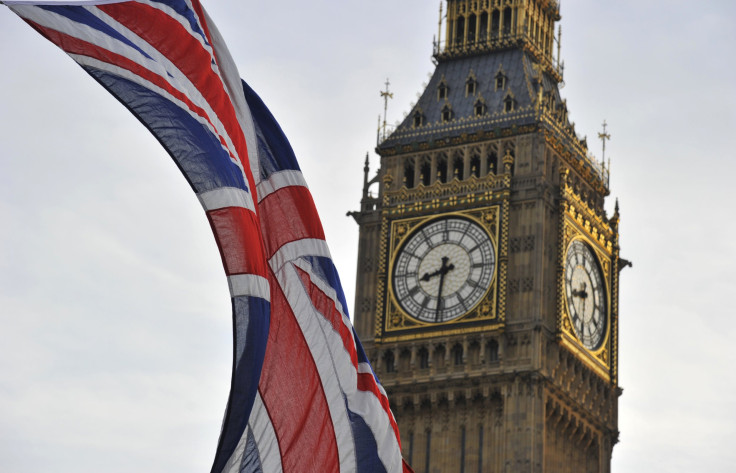Britain Revises Past GDP Numbers; Now Says It Did Not Enter A Double-Dip Recession At The Start Of 2012 But Did Start 2013 Farther Behind Than Initially Thought

Governments often revise their estimates for gross domestic productivity – the U.S. did it on Wednesday for its preliminary first-quarter estimate, pushing it down from 2.4 percent to 1.8 percent – but it’s not often that a GDP revision rewrites recent economic history.
On Thursday, Britain’s Office for National Statistics did just that, now saying the country did not experience a double-dip recession in the first months of last year.
“GDP growth between Q4 2011 and Q1 2012 has been revised from a fall of 0.1 percent to flat, thereby removing the phenomenon of two consecutive quarters of negative growth,” the ONS said in its monthly report on national accounts.
A double-dip recession is when a country’s economy contracts, then returns to positive growth for a short period of time, then falls back into recession.
Double-dip recessions, also called “W shaped” recessions, are painful to investors as they get burned on the way down and then burned again on the temporary recovery. The U.S. famously experienced this when the economy contracted by 8 percent in the first half of 1980 and then rebounded sharply before then Federal Reserve Chairman Paul Volcker jacked up interest rates to fight inflation, which caused a second recession that lasted more than a year.
Thursday’s ONS revision may have erased (barely) Britain’s productivity “W”, but it also showed that the 2008 recession was more painful than initially estimated: The country’s GDP contracted by 7.2 percent rather than the 6.3 percent previously estimated.
It also said first-quarter 2013 GDP growth was 3.9 percent lower than that of first quarter 2008 just prior to the last global economic crisis initiated by the U.S. sub-prime mortgage meltdown. It had previously estimated that first-quarter growth in 2013 was less painful, at 2.6 percent lower than the first quarter of 2008. In other words, the UK began the year further behind its pre-recession growth rate than previously thought.
© Copyright IBTimes 2025. All rights reserved.






















